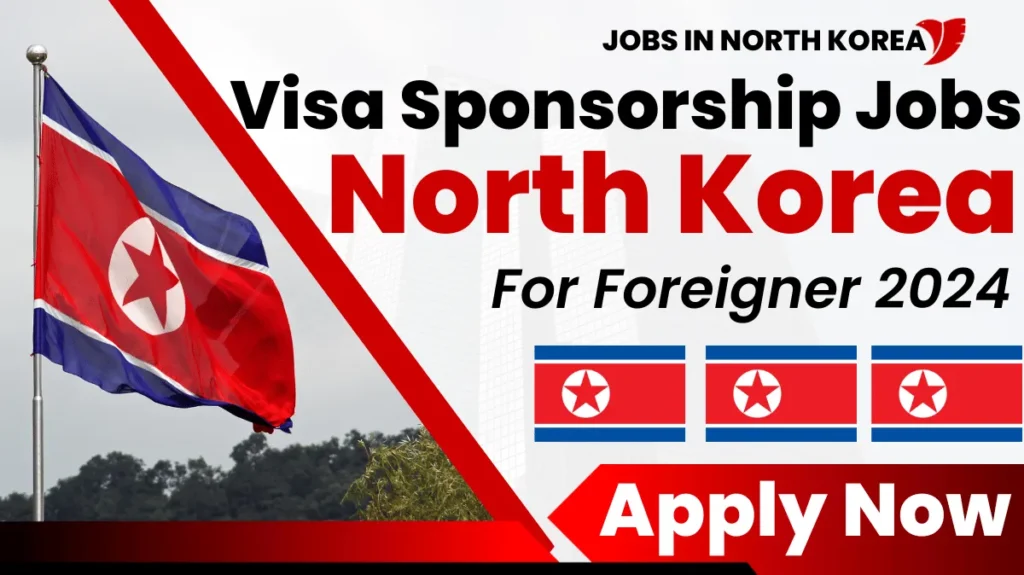The Japanese government offers different visas to draw in skilled foreign talent, and many international businesses with workplaces in Japan consistently seek foreign talent to fill open positions.
In any case, the confounded course of exploring the different visa classes in Japan, choosing the appropriate visa, and applying frequently turns worldwide organizations and expats away.
In this aide, we look at Japan’s work visas, list the expected records for applying, and give key stages to getting a work visa. We additionally frame how functioning with a migration master smoothes out the cycle for worldwide organizations hoping to recruit or move ability in Japan.

Types of Japan Work Visas
Work Visa for Occupations
- Professors
- Artists
- Religious activity
- Journalism
- Medical services
- Engineers
- Humanities specialists
- Entertainers
This visa allows expats, or foreign nationals, to work in Japan from three months to five years, depending on the role and individual circumstances.
Also, check Canadian Government Jobs With Free Work VISA 2024.
Specified Skills Visa 1-SSV1
This visa permits ex-pats, or unfamiliar nationals, to work in Japan from 90 days to five years, contingent upon the job and individual conditions.
Indicated Abilities Visa 1-SSV1
The Japanese government planned the Predetermined Abilities Laborer Visa 1-SSV1 to draw in profoundly concentrated unfamiliar ability prepared to work in unambiguous work areas without earlier preparation, like in development, flight, or horticulture.
The essential benefit of the SSV1 visa is the liberal emotionally supportive network it offers to its holders. This framework helps unfamiliar nationals with movement matters, for example, leasing a house, opening a ledger, and marking a cell phone contract upon appearance.
Candidates should pass a point-based expertise norms test and a language test demonstrating they have an N4 level of Japanese capability. The visa is substantial for quite a long time to one year and is sustainable for as long as five years.
Indicated Abilities Visa 2-SSV2
The SSV2 visa is like the SSV1. Notwithstanding, the application cycle for the SSV2 requires a more significant level of specialization and a legitimate certificate.
Workers with this visa can carry their close relatives to Japan and reestablish their visas endlessly until they decide to apply for Japanese residency.
Requirements for Getting a Japan Work Visa
Japan’s work visa necessities shift contingent upon the visa classification. Nonetheless, underneath is a general rundown of the expected supporting records for the application:
- Authentication of Qualification
- Application structure, finished and marked
- Candidate’s resume
- Legitimate identification and copies
- Identification of estimated photographs by prerequisites
- Business understanding specifying the representative’s situation, compensation, and work span
- Scholastic and expert declarations
- Business records, for example, the organization’s vault testament, charge-keeping report, and late budget summaries
Candidates may likewise have to give extra records upon demand from the Japanese government office or department where they apply.
Instructions to Get a Japan Work Visa and Home Card: 6 Stages
The Japan work visa application process comprises of two phases: getting a Testament of Qualification and applying for a work visa. We frame the means underneath.
1. Get a Declaration of Qualification
The Declaration of Qualification (COE) is a report that shows the candidate has an endorsement from the Japanese Movement Administrations and that they meet the section necessities for unskilled people. The supporting business should apply for the COE for the representative’s sake at the significant Local Movement Department.
The following is a nonconclusive rundown of the expected supporting reports for the COE application:
Finished application structure
4cm x 3cm photo
Return mail envelope with paid postage
Letter of Assurance
While applying for a predefined abilities visa, the supporting boss must likewise present the focus computation from an abilities test with a score of 70+ places, showing the candidate has adequate abilities for the job.
2. Gather the Necessary Records
In the wake of getting the COE, the business ought to start gathering the leftover supporting archives for the visa application. The total rundown of reports incorporates those from the rundown referenced above, in addition to a few extra things from the business, for example,
Greeting letter
A list of visa candidates
Definite schedule in Japan
3. Apply for a Work Visa at a Close by Japanese Office
Candidates might present their visa application at the closest Japanese department or consulate in one of four ways:
Face to face
By composing an intermediary letter and sending a delegate to the Japanese department
Using a certified travel planner endorsed by the Japanese department.
Also, check Catering Assistant Jobs in the UK with Work Visa Sponsor.
Using the JAPAN eVISA site
Contingent upon the conditions in the unfamiliar public’s nation of origin or area, they might have to present their archives face to face or through a certified travel planner.
The candidate may likewise have to return for a meeting or give extra reports at the office’s solicitation.
4. Get back to the Department to Recover the Endorsed Work Visa
After getting a notice that the visa is endorsed, the candidate ought to get back to the government office or department to gather their identification and visa.
5. Enter Japan
After getting the visa, the candidate should venture out to Japan in three months or less.
6. Get a Boarding Permit and Residence Card at the Airport
Upon landing at the port of passage in Japan, migration officials will survey the work visa and supporting records and join an arrival license for the far-of public identification. The arrival license replaces the visa and permits them passage into Japan.
Depending upon the air terminal through which the outside public enters, they will either get a home card upon appearance or need to apply for one at the neighbourhood metropolitan office within 14 days of laying outa home in Japan.
The U.S. Consulate in Japan commands outside nationals to convey their forward-thinking home card with them consistently, as not having it with you disregards nearby regulations.
Contemplations Before Getting a Japan Work Visa
A remarkable thought for worldwide organizations keen on employing unfamiliar abilities in Japan is that each global candidate requires sponsorship from a privately consolidated lawful substance. This necessity deters numerous unfamiliar organizations without a neighbourhood element in Japan from carrying on with work there.
A basic workaround is to cooperate with a business of record (EOR). An EOR is an association that fills in as the legitimate manager of your worldwide labour force, permitting you to effectively receive the rewards of worldwide portability by recruiting or moving ability abroad without laying out a neighborhood substance.
An EOR handles all that from recruiting and onboarding to migration necessities and consistency. This choice permits you to test the Japanese market and immediately enlist expats or local people without disregarding Japanese work and migration regulations.
Find out more: What Is a Business of Record (EOR)?
Effectively Recruit or Move Ability in Japan With Speed Worldwide
Getting Japanese work visas for conveyed groups takes a ton of work. Take out the migraine by banding together with Speed Worldwide.
Speed Worldwide’s coordinated Worldwide Migration arrangement improves visa procurement for appropriate groups in Japan and then some. As a feature of our Boss of Record (EOR) arrangement, we handle report assortment, interpretation, and organization while guaranteeing consistency with neighbourhood movement regulations so you can employ or migrate ability overall easily.
Reach out to Speed Worldwide today to figure out how to work on worldwide migration and immediately recruit top ability in Japan and then some.
Also, check Turkey Jobs with Work Visa in 2024.
Japan Work Visa FAQs
The following are replies to regularly posed inquiries about Japanese work visas.
What Is the Expense of Getting a Japan Work Visa?
Japanese work visa expenses differ contingent the visa type, the candidate’s ethnicity, and whether it’s a solitary or various passage visa. A solitary section work visa by and large expenses about ¥3,000 (US$22), while a numerous passage visa costs generally ¥6,000 (US$44).
Candidates possibly pay the visa charge the application is endorsed and should pay it in real money. In any case, assuming that you apply for an eVISA through the JAPAN eVISA site, an online instalment with a charge card is accessible for select nations and locales.
How Long Does a Work Visa Last in Japan?
The legitimacy of a Japanese work visa shifts in light of the visa type. The standard work visa is substantial for a very long time to five years, contingent upon the candidate’s calling and individual conditions.
How Can I Extend a Japan Work Visa?
If a representative’s Japanese work contract is as yet substantial, they can recharge their work visa at a significant neighbourhood movement office. If an individual no longer has work in Japan, they might consider applying for an assigned movement visa. This visa permits them to proceed with work hunting in Japan for quite a long time past their current work visa’s expiration date.


